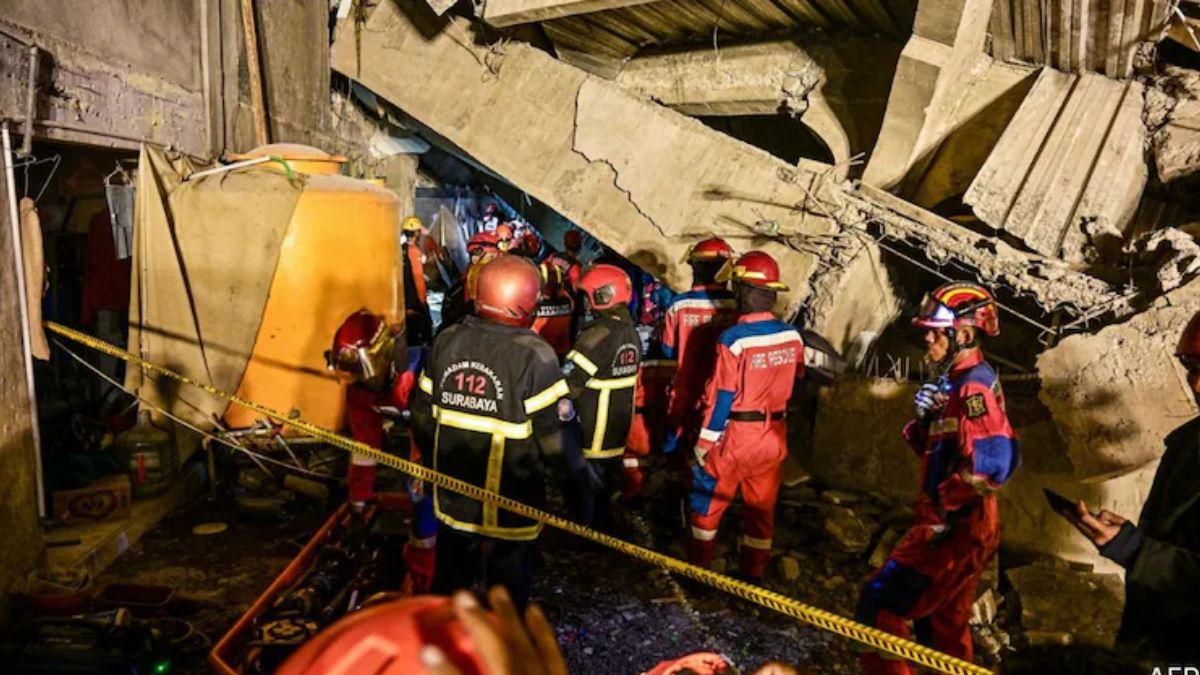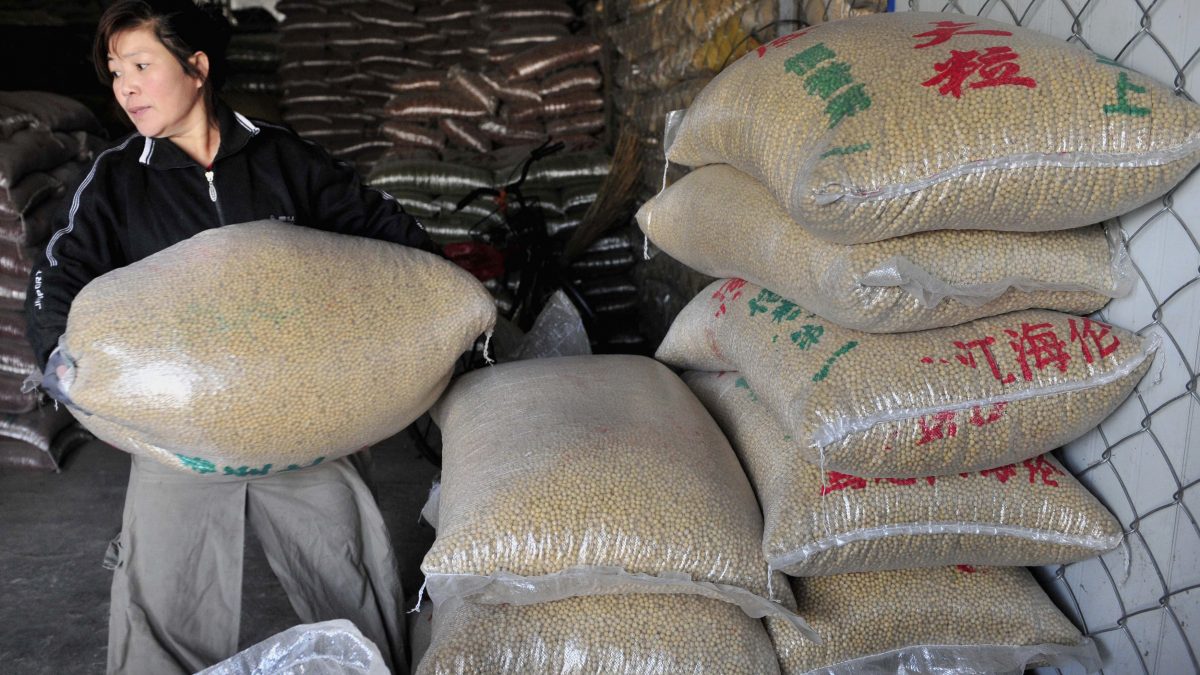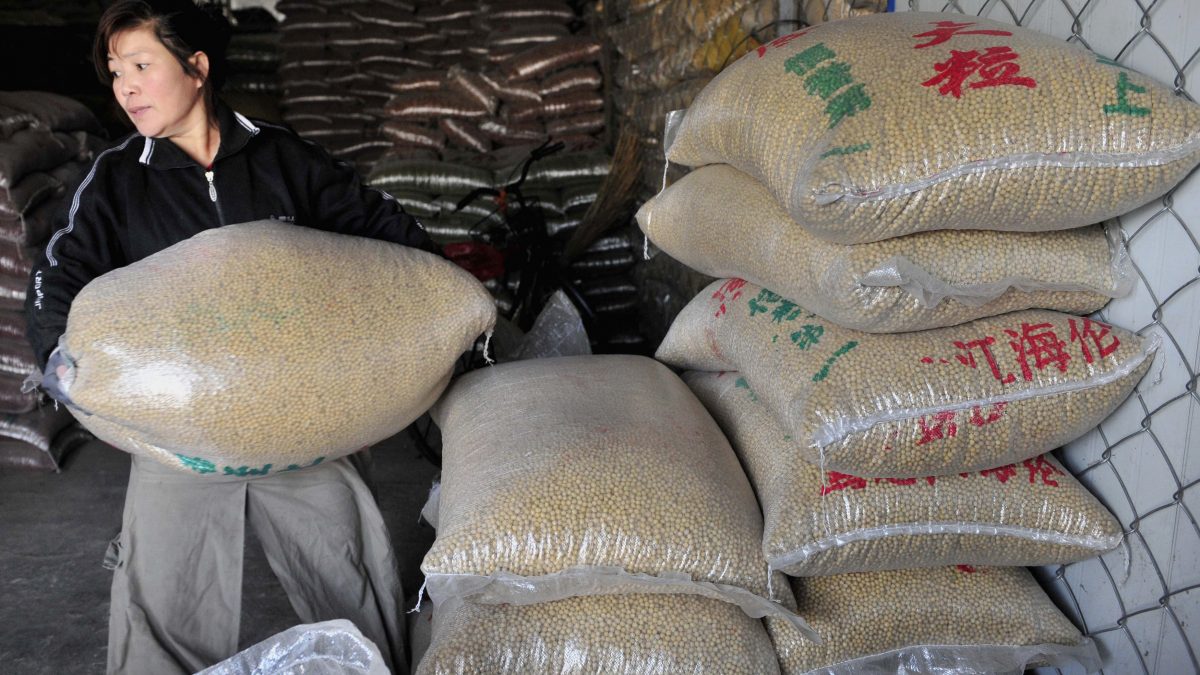Indonesian rescue teams are racing against time after a school in East Java collapsed, leaving at least 91 students unaccounted for, with three confirmed dead and around 100 injured, officials said.
The tragedy struck on Monday afternoon at an Islamic boarding school in Sidoarjo town. Hundreds of students had gathered for afternoon prayers in the building when it suddenly caved in, trapping them under humongous amounts of concrete rubble.
Families flocked to the site of the collapse, anxiously waiting for news of their children. However, the massive rescue operation that has entered its third day on Wednesday is facing significant hurdles.
Here’s what is happening.
How did the tragedy unfold?
The catastrophe unfolded at the Al Khoziny Islamic boarding school in Sidoarjo, roughly 780 km (480 miles) east of Jakarta, when students had gathered in the school hall for prayers.
Originally a two-story building, it was undergoing unauthorised expansion when the dilapidated structure suddenly gave way. Police said the century-old foundation could not support the extra floors being added without permits, leading to the collapse during the concrete-pouring process.
❗️🇮🇩 - At least 65 students are presumed buried under the rubble after a multi-story Islamic boarding school building collapsed in Sidoarjo, East Java, Indonesia, while over 100 were gathered for afternoon prayers.
— 🔥🗞The Informant (@theinformant_x) September 30, 2025
One 13-year-old student has been confirmed dead, with 99 others… pic.twitter.com/UrqHsoWg50
Thirteen-year-old Muhammad Rijalul Qoib, a survivor, recalled the terrifying moments before the building caved in. He said only the first floor was in use at the time, with hundreds of people preparing to pray.
“Many, perhaps hundreds of people, were about to pray. At that moment, I heard the sound of falling rocks. The sound continued, and it got louder and louder,” he told local news outlet Detik.
Rijalul tried to escape but was hit by debris from the roof. “I wanted to run (from the prayer room) and then the roof hit my face,” he said. He eventually managed to get out of the rubble with the guidance of someone who pointed him toward an escape route.
Most of the students trapped were boys aged 12 to 18, from grades seven to 12. Female students had been praying in another section of the building and were unharmed.
Authorities initially reported 38 students missing, but after checking attendance lists and speaking with families, the number was updated to 91.
Holy Abdullah Arif, 49, was seen holding a picture of his nephew Rosi, still among the missing, while crying. He described to The Guardian his frantic search in the wreckage.
“I ran around screaming, ‘Rosi! Rosi! If you can hear me and can move, get out!’ And then a child was screaming back from the rubble, he was stuck. I thought that was Rosi, so I asked, ‘Are you Rosi?’ and the child said, ‘God, no, help me!’”
“I don’t know how he’s doing, whether he can be saved, whether he’s dead or alive,” Arif said.
Why are rescue operations facing difficulties?
Rescuers in Sidoarjo are battling both time and the dangerous conditions left behind by the school collapse as they search for survivors. More than 300 personnel are on site, working around the clock, but progress has been slow and extremely risky.
So far, 11 people have been freed from the debris since rescue efforts began on Monday, though two of those people later died in hospital.
Authorities say the site remains highly unstable, with parts of the structure still at risk of collapsing further. “With the current construction, with this rubble, even a single vibration can cause other impacts,” Mohammad Syafii, head of Indonesia’s National Search and Rescue Agency, told BBC.
To minimise risks, teams are proceeding carefully and “implementing alternative measures” instead of relying heavily on machinery. Rescuers are digging manually wherever possible, often crawling into tight, dangerous spaces. Syafii explained that some of the trapped students can only be reached by passing through underground culverts barely 60 centimetres wide.
Video from the site shows teams carefully chipping away at massive slabs of concrete and twisted rebar, trying to carve safe paths through the rubble.
Nanang Sigit, the lead search and rescue coordinator, told the AP that rescuers are even running oxygen lines to survivors trapped beneath the debris to keep them alive.
The pressure is immense, as experts warn that most rescues in such disasters happen within the first 24 hours, after which survival chances drop sharply. “We are currently racing against time because it is possible that we can still save lives of those we have detected within the golden hours,” Syafii told reporters.
Rescuers have also spotted several bodies under the rubble, but continue to prioritise saving those who show signs of life.
“Although facing unstable building debris conditions and a lot of material at the site, the (joint rescue) team continues to try to evacuate victims prioritising safety,” Sigit said in an updated statement.
With input from agencies


)

)
)
)
)
)
)
)
)



